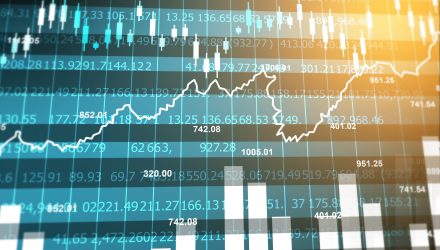
, ValueWalk
Contrary to popular belief most active managers don’t underperform due to a lack of stock-picking skills. The true cause of underperformance is a toxic combination of asset bloat, closet indexing and over-diversification. Collectively, these problems have been categorized as portfolio drag, by professor C. Thomas Howard of the University of Denver.
Asset Bloat
Numerous academic studies have shown that as assets under management (AUM) rise investment performance declines. This is largely due to dis-economies of scale associated with managing a large portfolio. Large trades are more difficult to execute and your investment universe becomes limited due to liquidity constraints. Clearly, fund managers have an incentive to increase AUM due to management fees. However, the real problem occurs when asset gathering takes priority over investment performance.
Closet Indexing
Fund managers aren’t acting irrationally when they “hug” their benchmark. We’ve learned from behavioral investing that investors feel the sting of underperformance to a greater degree than the joy from outperformance. Even short bouts of underperformance can lead to a dramatic exodus of AUM. Thus, fund managers naturally respond by minimizing tracking error to the benchmark. Additionally, fund managers are increasingly being penalized by consultants for behavior that is construed as “style drift.” Ultimately, it becomes virtually impossible for a fund manager to outperform their respective benchmark net of fees if they’re a closet indexer.
Over-diversification
The main problem that causes active managers to underperform is that they are forced to invest in their low conviction ideas. My investment management professor at Harvard Business School, Randy Cohen, found that most fund managers have a small number of good ideas that outperform the index but the remainder of positions in their portfolios add no value. Great investment ideas are rare. A typical mutual fund may have 100 positions. However, it’s likely that only the top 10 to 20 positions are adding value by contributing to outperformance. As a result, most mutual fund managers are over-diversified.
………
Regards,
Ankur Shah
Ashva Capital Management LLC
For more market trends, visit ETF Trends.

